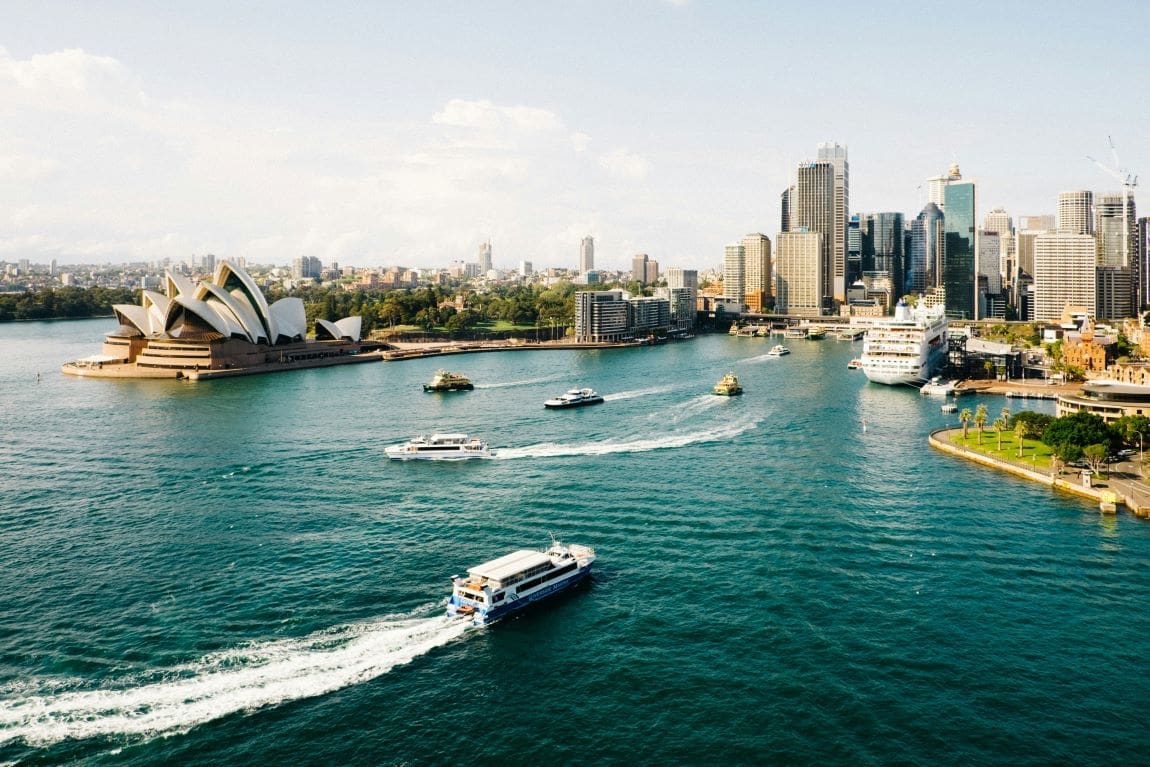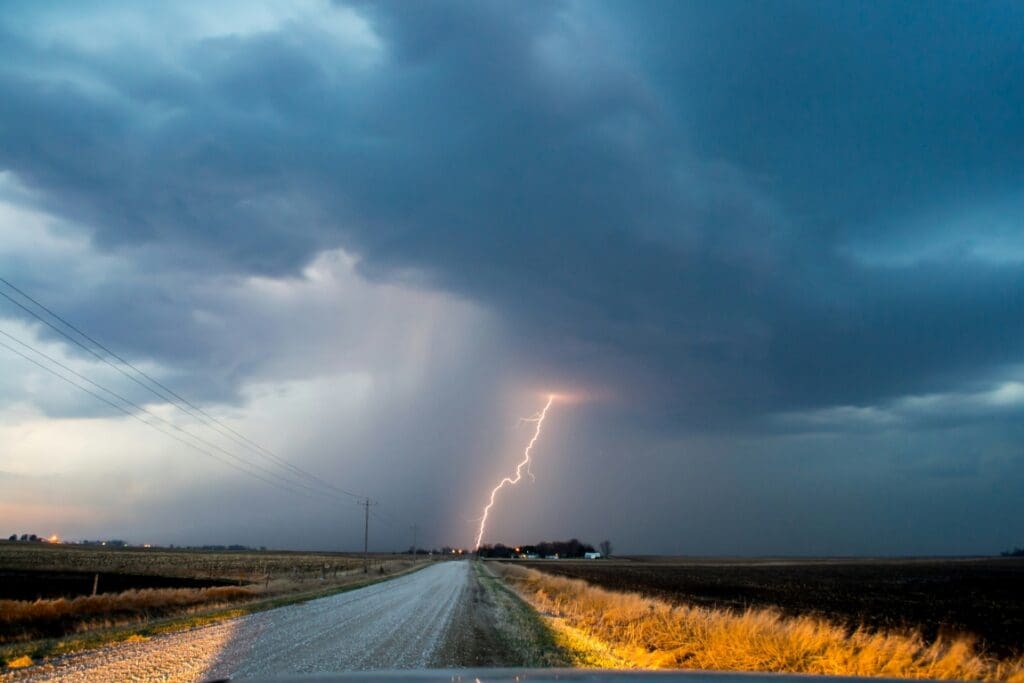Sydney, Australia (AFP) – The picturesque waterways and beaches of Sydney, Australia’s “Harbour City”, are “vulnerable” to substantial sea level rises unless a greater effort is made to reduce emissions, a government climate report warned on Tuesday.
The New South Wales state government warned Sydney could be 1.8 degrees Celsius (3.2 degrees Fahrenheit) warmer by 2050, and around double that by 2090, if warming is unchecked.
The hotter temperatures would spell trouble for many coastal communities and those near tinder-dry bushland.
Sydney Harbour — home to the Sydney Opera House and Harbour Bridge — is “vulnerable”, as are popular swimming spots along the city’s northern beaches, the report warned.
Sea levels could rise by 56 centimetres (23 inches) by 2090 under a pessimistic scenario.
But it is regional towns away from the coast that are likely to see the worst of the extreme heat -– spending a third of the year sweltering in days above 35C (95F) by 2090.
The report comes as authorities grapple with how to “future-proof” communities.
Among the measures under consideration are shaded heat refuges where people can escape soaring temperatures, or ensuring hospitals have adequate resources to cope with heat-related illnesses.
New South Wales Minister for Climate Change Penny Sharpe said the state faced two options: address climate change now or wait for extreme weather events to cause damage.
“This data will help protect critical infrastructure including hospitals, transport networks, dams and energy systems from climate change impacts such as extreme heat, fires and floods,” she said.
– Extreme heat –
This year is “increasingly likely” to be the hottest year on record, the European Union’s climate monitor said this month.
Extreme heat is already one of the biggest drivers of weather-related hospitalisations in Australia, national health data shows.
Heat accounted for 7,104 injury hospitalisations and 293 deaths between 2012 and 2022.
General practitioner Kate Wylie said the heat has also been linked to an increased number of heart attacks, incidents of domestic violence and suicidal ideation cases.
She said there were simple things people could do to minimise their chances of heat-related injury, including drinking water and staying out of the heat, but governments needed to adapt cities as well.
“Sydney has a noticeable problem where you have developments where there is no street shade, they all have black roofs which cost more to cool,” said Wylie, who is also executive director of climate advocacy group Doctors for the Environment Australia.
“The whole planet is getting hotter. The quicker we can transition to renewables the healthier we will be,” she said.
lec/arb/pbt
© Agence France-Presse
Featured image credit: Dan Freeman | Unsplash




